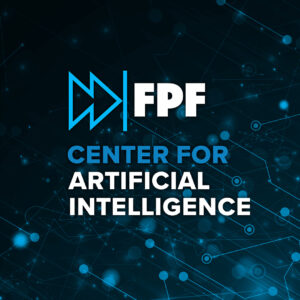FPF Partners with Penn State and University of Michigan Researchers on Searchable Database of Privacy-Related Documents
FPF is collaborating with a team of researchers to build a searchable database of privacy policies and other privacy-related documents. The PrivaSeer project, led by researchers from Penn State and the University of Michigan, has received a $1.2 million grant from the National Science Foundation (NSF) to ease the process of collecting and utilizing privacy documents and privacy-related data.
FPF Director for Global Privacy Dr. Gabriela Zanfir-Fortuna will serve as a co-principal investigator, a first for FPF on an NSF-funded project. Dr. Zanfir-Fortuna’s expertise includes work on global privacy developments and European data protection law and policy, with a focus on de-identification, AI, mobility, ad tech, and education.
The other co-principal investigators in this project include: Dr. Shomir Wilson and Dr. Lee Giles from Penn State University, and Dr. Florian Schaub from the University of Michigan.
PrivaSeer will function as a searchable database that allows researchers to perform a host of tasks like collecting, exploring, and evaluating privacy documents such as privacy policies, terms of service agreements, cookie policies, privacy bills and laws, and regulatory guidelines.
The search engine employs Natural Language Processing (NLP), a type of artificial intelligence that is able to process large quantities of data through a combination of linguistics, AI programming, and computer science.
“One of the reasons to have a privacy policy search engine is that you can get an idea about how different companies treat their user privacy currently and over time. This can also inform users on how they may want to react to those companies.”
C. Lee Giles, the David Reese Professor of Information Sciences and Technology, Penn State & PrivaSeer Project co-principal investigator
The search engine will provide researchers insights on privacy policy trends and enable researchers to easily and securely access relevant privacy documentation online. Previous research on privacy policies has encountered issues surrounding access to suitable privacy data. PrivaSeer will help researchers navigate this problem and allow for large-scale interpretation of privacy data.
View Penn State University’s Institute for Computational and Data Sciences’ statement here.



